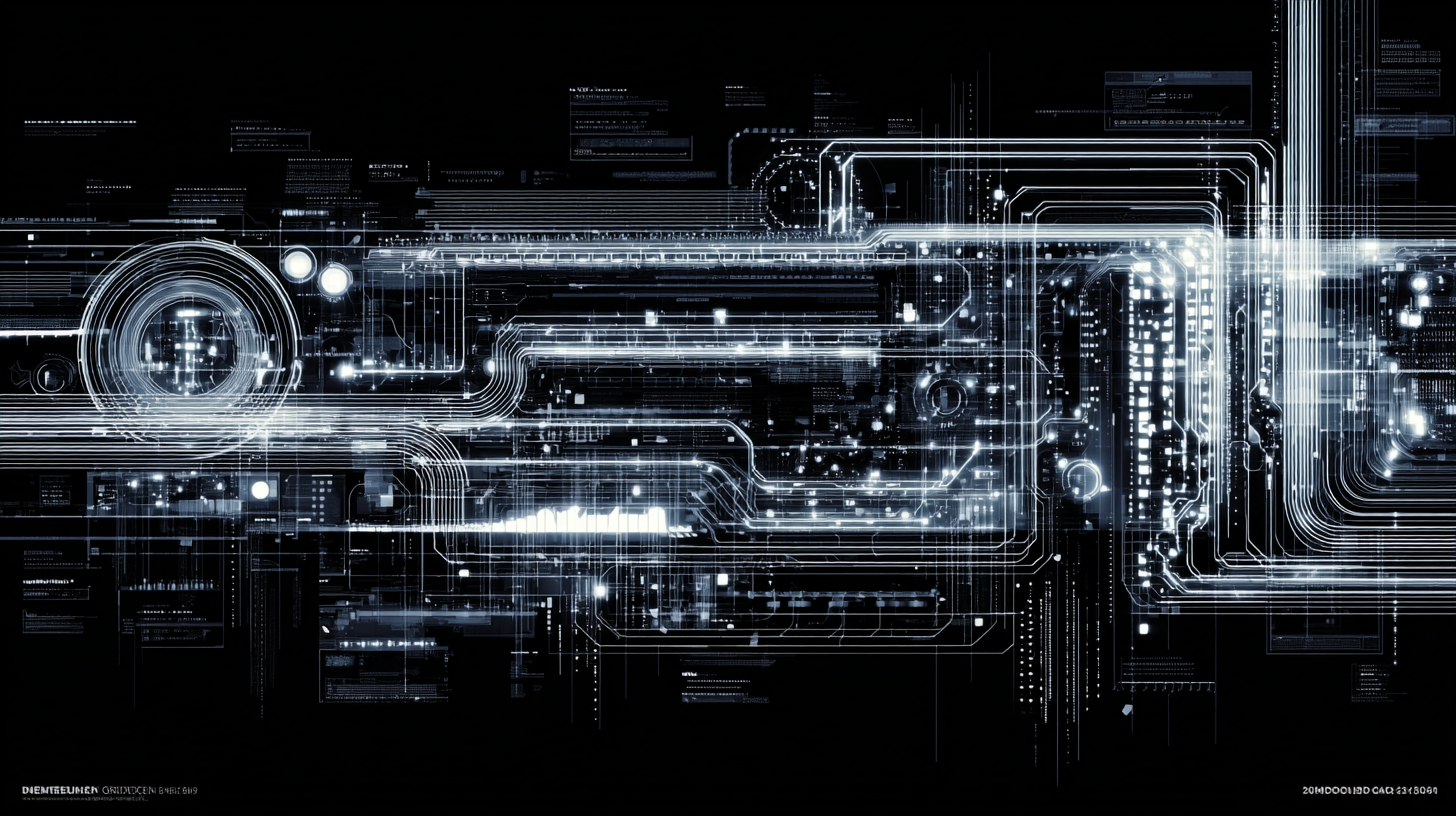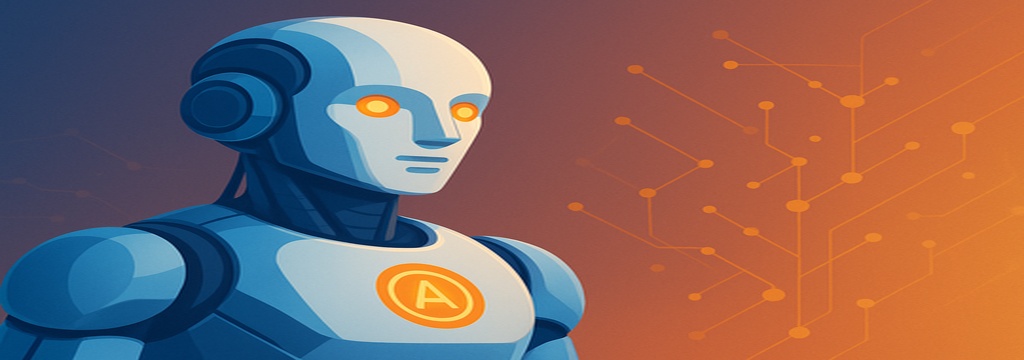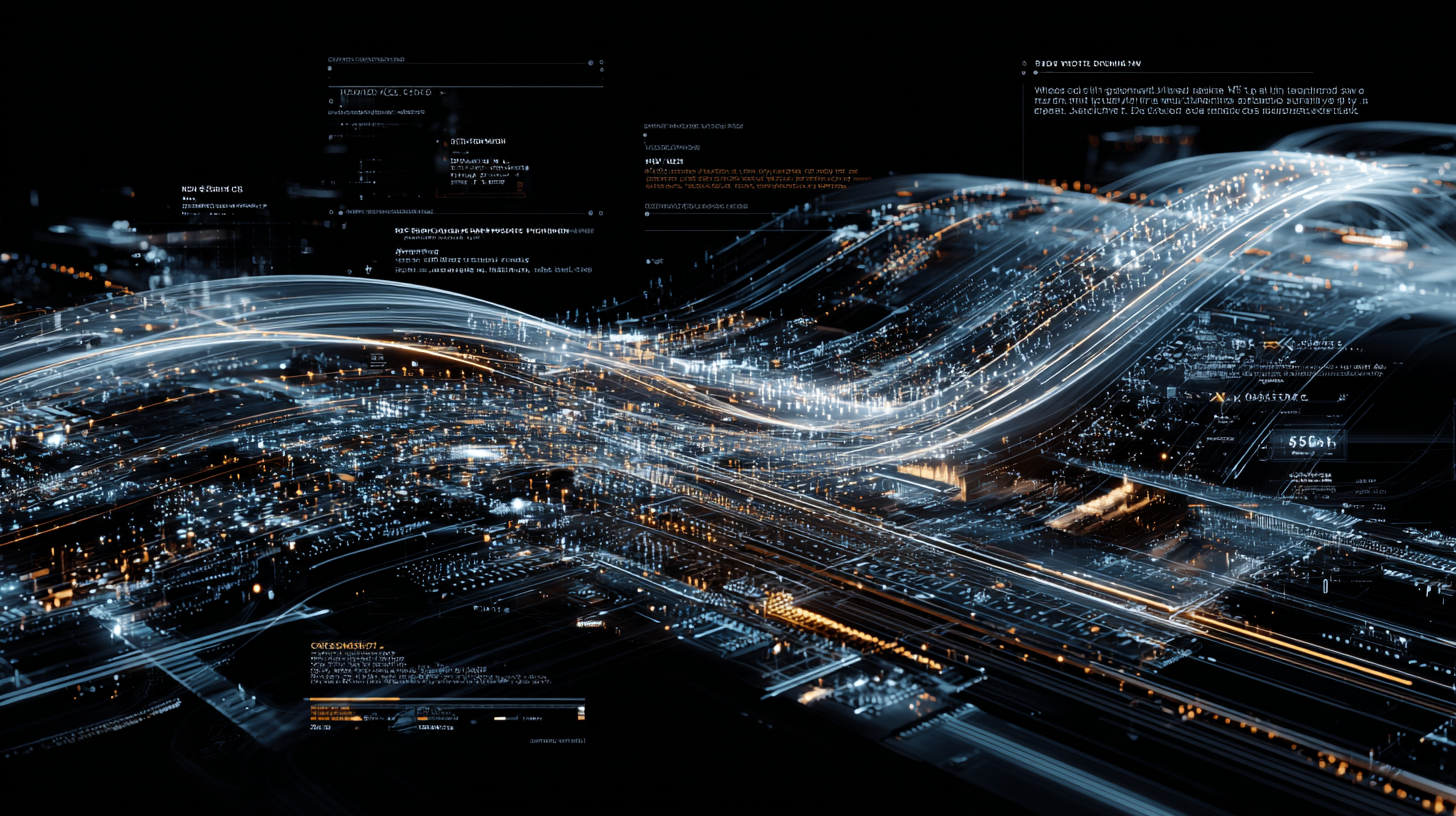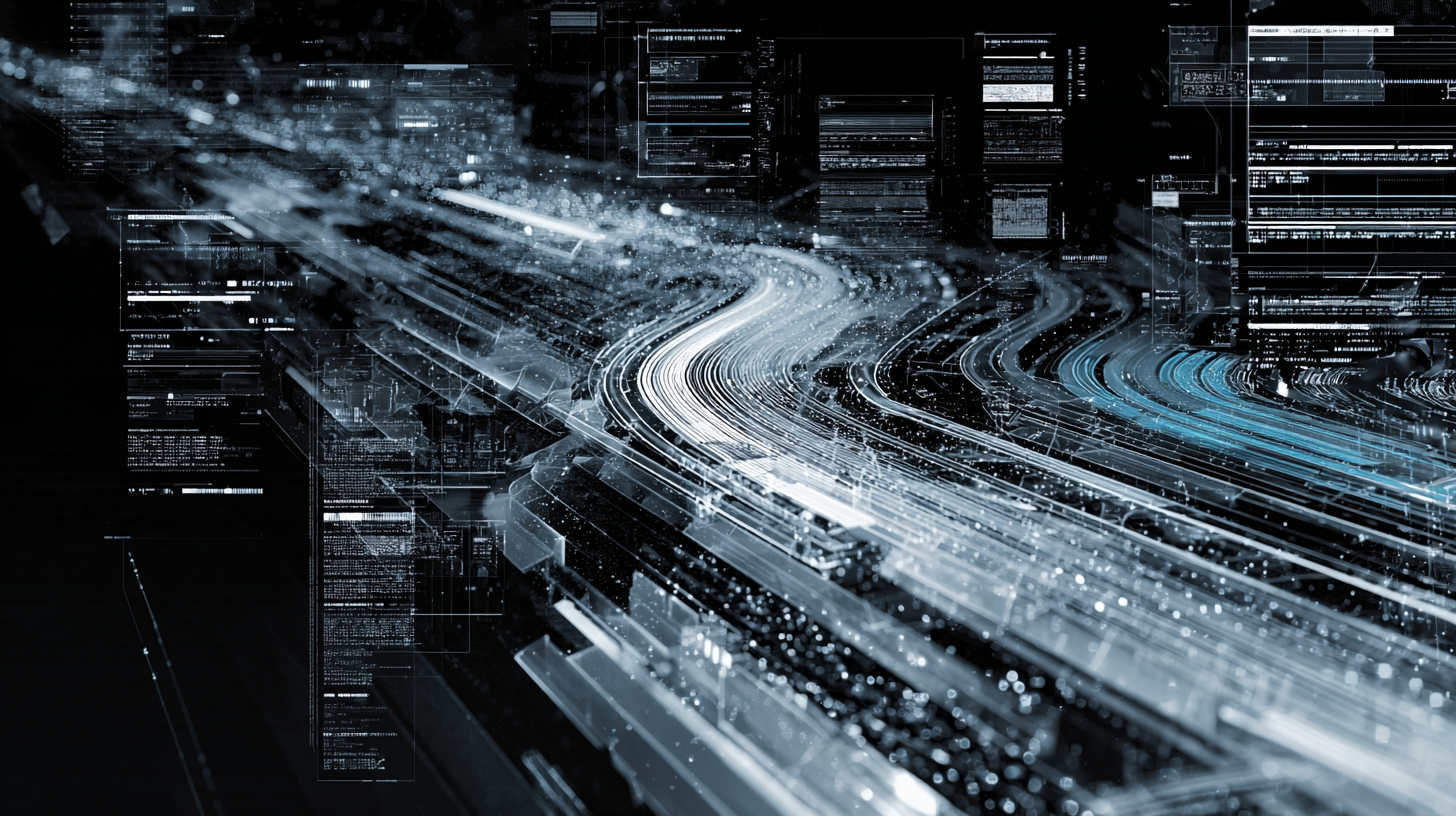AIO and GEO in Germany, France, and Poland – how approaches differ

October 17, 2025
Category:
SEO vs AI
In Europe, the development of geoinformation technologies (GEO) and automated information operations (AIO) varies significantly from country to country. Germany, France, and Poland face similar challenges in terms of digitalization and security. However, they each pursue unique strategies influenced by their historical, economic, and cultural contexts.
Germany places a strong focus on industrial growth and security in its advancement of GEO and AIO. The country integrates geoinformation systems into sectors like transportation, energy, and defense, while AIO is mainly used for data analysis, critical infrastructure monitoring, and logistics improvement. Germany’s approach stands out due to its strict process standardization and emphasis on data integrity. The government-led digital initiatives receive support from major industrial groups, blending academic research with practical implementation. Precision, reliability, and predictability are highly valued in Germany, as reflected in its strict security protocols and software certification standards.
France, on the other hand, concentrates on integrating GEO and AIO into public and societal projects. These technologies are utilized for managing urban infrastructure, environmental surveillance, and optimizing transportation networks. AIO in France is widely employed for real-time big data analysis to predict crises and support quick decision-making. The French strategy is characterized by a spirit of innovation and experimentation, with collaborations between governmental bodies, universities, and research establishments driving pilot schemes in smart city development and environmental monitoring. Unlike Germany’s focus on precision, France values adaptability and flexibility in response to changing circumstances.
Poland, meanwhile, is making swift progress in GEO and AIO by emphasizing rapid deployment and international partnerships. Drawing on best practices from neighboring countries, Poland is implementing these technologies in areas such as transport oversight, agriculture, and urban planning. The Polish model combines government oversight with private sector innovation and takes a more adaptable approach focused on economic efficiency. By actively participating in international initiatives and research consortia, Poland gains access to advanced technologies that accelerate the progress of GEO and AIO.
In summary, Germany prioritizes industrial precision and security, France emphasizes innovation and adaptability, while Poland pursues rapid implementation and international collaboration in their approaches to GEO and AIO. These differences are influenced by historical contexts, economic priorities, and institutional frameworks, leading each country to chart its unique course for advancing these technologies based on available resources and strategic objectives.
Looking ahead, Germany will continue to enhance accuracy and dependability, France will expand innovation and integration efforts, and Poland will accelerate adoption and strengthen collaborative ties in the realm of GEO and AIO. These collective efforts have the potential to establish a cohesive European framework for GEO and AIO, blending precision, innovation, and efficiency. This collaborative approach offers new opportunities for businesses, academia, and governmental bodies, fostering a competitive and dynamic digital landscape across Europe.
Other posts from the category
-

Does AIO violate search engine guidelines?
February 3, 2026
-

What determines which websites appear in AI-Generated results
November 28, 2025
-

Why GEO isn’t SEO – but the next stage in search evolution
November 26, 2025



